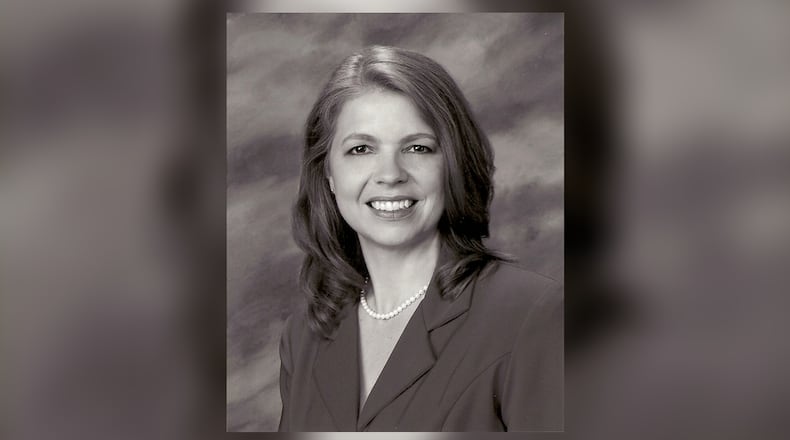Currently, Shelby County receives a large portion of its revenues from sales tax (est. $ 9.6 million), property tax (est. $2.7 million), casino tax ($600,000) and Local Government Funds (est. $768,000), along with numerous other grants and fees. I would like to concentrate some discussion on the Local Government Fund. Ohio’s Local Government Fund (LGF) was created when the state sales tax was introduced in 1934. Monies from the new sales tax were to be split among the counties for use in relief for the poor, for schools and for local governments to use as needed. Over time, the amount of revenue shared has changed based on the needs of the state or the local government entities.
In the State’s Fiscal Year of 2012-2013, Ohio counties saw huge cuts to local revenues as the State reduced the Local Government Fund (LGF) allocations to counties from 3.68 percent to 1.66 percent of state General Revenue Fund (GRF) receipts. This was done to balance an $8 billion deficit at the State level but meant a loss for Shelby County of $650,000 yearly. Over the last ten years, the State’s financial position has improved dramatically to where the State’s “Rainy Day Fund” currently holds $2.7 billion.
Unfortunately, the funding has never been restored to the county and local level.
The State’s cuts came on the heels of the recession after Shelby County Elected Officials had already made serious cuts to their budget. As I assumed office in 2012, I was not present when the tough choices were made that included removing all support to 14 non-mandated state agencies, employee voluntary pay reductions, cuts to employee health plans, and deferment of necessary infrastructure maintenance and improvements. The cuts of 2012-2013 ensured hiring was frozen, raises for staff were nonexistent, and county department requests were met with the word “NO.”
Over time, Shelby County has been able to make long overdue infrastructure improvements and has made great strides in other areas such as improving support to economic development efforts. However, many of the cuts made 12-15 years ago have never been restored.
I know that as Shelby County, and all Ohio counties, compete in today’s economy we need new flexible funding to accomplish our citizen’s goals. While many legislators develop grant and loan programs for which we are to apply, the reality is that every county has different needs and should not have to try to use the latest lingo to bring tax dollars back to the local level. That is why I am advocating for a full restoration of LGF to 3.68% by the Governor and Legislature in the State Fiscal year 2024-2025 operating budget.
If we are to advance Shelby County competitively, we must be able to improve our broadband availability. We must have an educated workforce, and we must have infrastructure that allows for the efficient transportation of goods, services, and people. Having an increase in LGF monies would allow us to have funds towards these goals as well as fill in gaps currently seen with our Victim Services Agency, Juvenile Court and Child Protective Services. As one of the Shelby County Commissioners, I will strive to bring tax dollars back so that all of our residents have the opportunities they desire.
Many people say that “the government closest to the people is the best government.” Let’s help achieve that by asking our state officials to allocate more of your tax dollars to your local government.
Julie Ehemann is a registered pharmacist finishing her third term as Shelby County’s first female Commissioner.
About the Author
